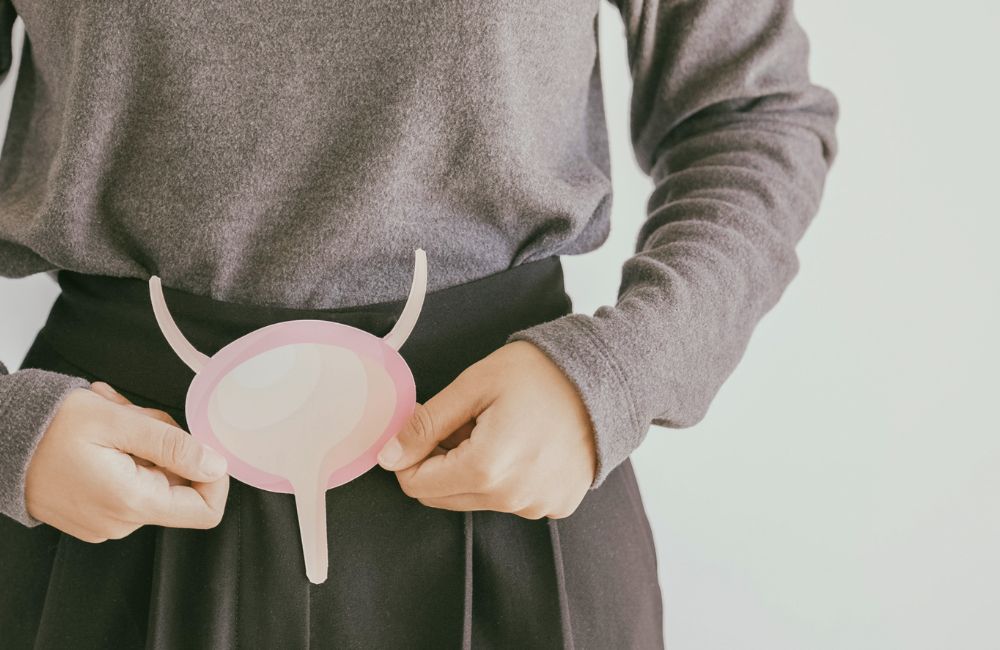
Bladder infections are a widespread health concern affecting millions of people annually. These infections occur when bacteria enter the urinary tract and multiply, leading to discomfort and pain. Promptly addressing bladder infections is crucial to avoid complications. Home remedies can be an effective first line of defense, but it’s essential to know when to seek help from urgent care in Danbury, CT.
Key Takeaways
What are Bladder Infections?
What are the Benefits of Home Remedies?
Top 10 Home Remedies for Bladder Infections
When to Seek Help from Urgent Care in Danbury, CT
How to Choose the Right Urgent Care in Danbury, CT
Frequently Asked Questions
Get Prompt Relief Today: Visit DOCS Urgent Care – Danbury

Bladder infections are a specific type of UTI that affects the bladder. They are primarily caused by bacteria, with Escherichia coli (E. coli) being the most common culprit. This bacterium is naturally found in the intestines but can cause infection when it enters the urinary tract.
Home remedies offer several benefits for treating bladder infections. They are often readily available, cost-effective, and can provide relief from symptoms. For mild infections, home remedies can be a suitable option, especially when combined with good hygiene and healthy habits. However, it’s essential to monitor symptoms and seek urgent care in Danbury, CT, if the condition worsens or does not improve within a few days.
Here are ten effective home remedies to help manage and relieve bladder infections naturally:
Staying hydrated is crucial when dealing with a bladder infection. Aim to drink at least 8-10 glasses of water a day. Regular hydration helps maintain urinary tract health and prevent infections. It’s a simple yet effective way to support your body’s natural defenses against bladder infections.
Cranberry juice is often recommended as a natural remedy for bladder infections. Drinking unsweetened cranberry juice or taking cranberry supplements can help reduce the risk of recurring infections. For best results, consume pure, unsweetened cranberry juice or take cranberry extract supplements regularly.
Probiotics are beneficial bacteria that promote a healthy balance of microorganisms in the gut and urinary tract. Taking probiotic supplements or consuming probiotic-rich foods such as yogurt, kefir, and sauerkraut can help maintain urinary tract health and prevent infections. Including probiotics in your daily diet can support a healthy urinary tract and reduce the risk of recurrent bladder infections.

Taking vitamin C supplements or consuming foods high in vitamin C, such as oranges, strawberries, and bell peppers, can help combat bladder infections. Regular intake of vitamin C can enhance your body’s natural ability to fend off bladder infections and support overall health.
Applying a warm compress to the lower abdomen can help alleviate discomfort and pain associated with bladder infections. The heat helps to soothe the muscles and reduce the pressure on the bladder.
D-Mannose is a type of sugar that is available as a dietary supplement and can be effective in reducing the symptoms and frequency of bladder infections.
Several herbs have antimicrobial and anti-inflammatory properties that can help treat bladder infections. Uva ursi (bearberry) and garlic are two such herbs. Consult with an urgent care in Danbury, CT, before using herbal remedies to ensure they are safe and appropriate for your situation.

Certain foods and drinks can irritate the bladder and exacerbate symptoms. Avoiding caffeine, alcohol, spicy foods, and artificial sweeteners can help reduce irritation and promote healing. Keeping a food diary can help identify and eliminate specific triggers from your diet.
Maintaining good hygiene is essential in preventing and managing bladder infections. Good hygiene practices can significantly reduce the risk of bladder infections.
Practicing good bathroom habits can significantly reduce the risk of bladder infections.
While home remedies can be effective for mild bladder infections, it’s crucial to know when to seek professional medical help. If you experience any of the following symptoms, it’s time to visit urgent care in Danbury, CT:
When selecting an urgent care center in Danbury, CT, consider the following factors:

Apple cider vinegar has antibacterial properties, but there is limited scientific evidence supporting its effectiveness for treating UTIs. It’s best to consult a doctor.
Over-the-counter pain relievers like ibuprofen or acetaminophen can help alleviate pain and discomfort caused by bladder infections. Always follow the dosage instructions.
Baking soda may help neutralize the acidity of urine and provide temporary relief. However, it is not a proven treatment for bladder infections. Consult a healthcare provider for proper treatment.
Mild bladder infections can sometimes be managed with increased fluid intake, proper hygiene, and natural remedies. However, severe or persistent infections typically require antibiotics.
There are no over-the-counter medications that are equivalent to antibiotics. For bladder infections, products like AZO can relieve symptoms but will not treat the infection. Always consult a healthcare professional for proper diagnosis and treatment.

If you’re experiencing symptoms of a bladder infection or need professional medical advice, don’t wait. Visit DOCS Urgent Care – Danbury for prompt, expert care. Our dedicated team is here to help residents of Danbury, CT, with comprehensive services and personalized treatment plans. Take control of your health and get the relief you need today at DOCS Urgent Care – Danbury.



During this surge in COVID-19 cases, our primary focus is meeting the high demand for tests, and we are seeing higher than usual wait times. This means we are unable to answer most phone calls. Please know that our teams are working very hard during this time to care for as many patients as safely as possible. Please click the button below for answers to common questions. We appreciate your understanding.